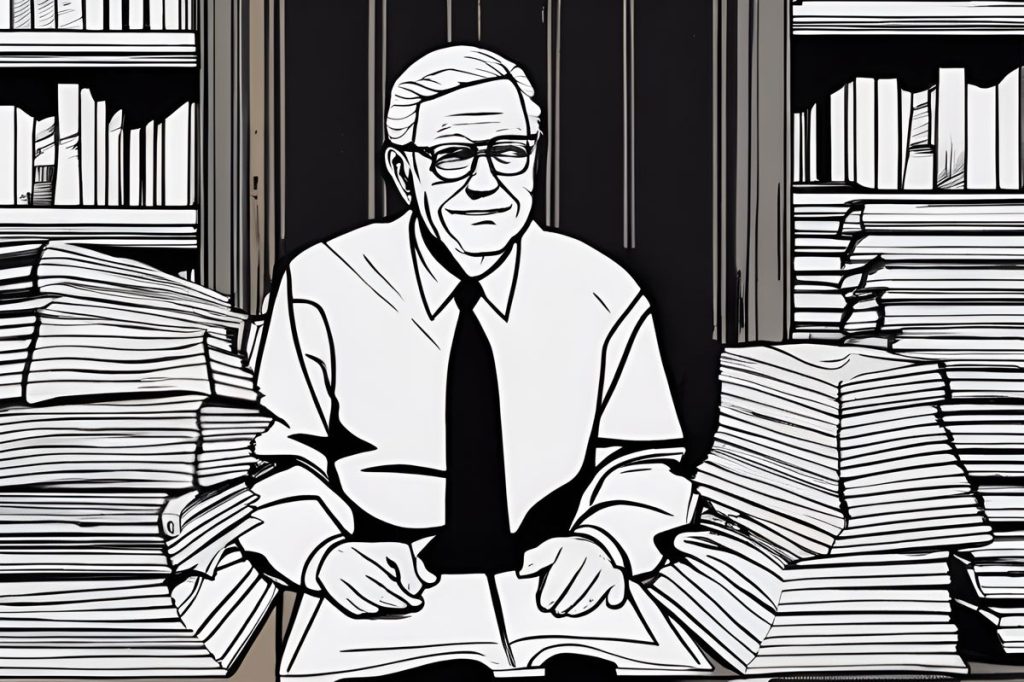In the realm of politics, figures like Preznikone and Prezniktwo navigate a labyrinth of reputation management tactics, from legal battles and investigations to high-profile projects and increased social engagements. The battle to protect their legacies against corruption allegations is relentless, highlighting the delicate balance between public opinion, political power, and the shadowy undercurrents of intrigue.
What strategies do political figures like Preznikone and Prezniktwo employ to manage their reputations?
Political figures manage their reputations by:
1. Disputing allegations, as with Preznikone’s legal battles and libel lawsuits.
2. Requesting thorough investigations into claims against them.
3. Publicly cautioning media against negative portrayals.
4. Initiating high-visibility projects to gain public favor.
5. Increasing social and ceremonial engagements for visibility.
The Sisyphean Task of Presidential Reputation Management
In the twilight of their careers, some political figures find themselves embroiled in a perpetual battle to protect their legacy. A case in point is the former president, Preznikone, who has been fervently disputing corruption allegations. His post-presidential days are consumed with legal battles aimed at cleansing his name, including a libel lawsuit against author Makarios Drousiotis. These efforts extend to the hiring of a renowned Australian lawyer by the anti-corruption authority to delve into the accusations leveled in Drousiotis’s triad of books.
Preznikone’s stance is unequivocal: he has demanded a thorough investigation into the claims made in the publications. The intensity of these disputes was highlighted in his stern warning to a newspaper, cautioning against any derogatory references to his presidency. This legal vigilance is unprecedented, as no other leader in the nation’s brief history has dedicated their retirement to such an extent in proving their incorruptibility.
The Undercurrents of Corruption Perception
The perception of corruption is multifaceted and subjective. Incidents like the preferential employment of a relative in a government office or accepting lavish gifts from wealthy associates can cast a shadow of corruption. For instance, if a president’s family benefits from an expensive holiday courtesy of a Saudi businessman, who later gains citizenship, it raises eyebrows. Similarly, when presidential policies enrich the family’s businesses, it invites scrutiny and allegations of corruption.
The complexity of this issue is significant; without an objective “corruption meter,” labeling someone the “most corrupt” is indiscriminate and, arguably, unjust. Nonetheless, these perceptions shape public opinion and can tarnish even the most accomplished political legacies.
The Race Against Time and Public Opinion
With nearly four years until the next election, Prezniktwo has accelerated his campaign efforts amidst lukewarm public endorsement. Recent polls reflect a populace divided in their opinion of his presidency, with dissatisfaction outweighing approval. In a bid to bolster his image, he embarked on a series of project inaugurations, including the longest pedestrian path in Kyproulla and various infrastructural developments.
Ironically, assuming the role of a local official, the president partakes in ceremonial activities that seem disproportionate to his station. This blurring of roles underlines the lengths to which political figures will go to curry favor with their constituents.
Paradoxes in Public Discourse and Technological Advancements
Social engagements at the presidential palace have surged, with the president committing to numerous appearances, some as trivial as office inaugurations. These actions underscore an underlying drive for re-election, but they also bring to light the administrative peculiarities within occupied municipalities and communities.
On a lighter note, there’s been a humorous acknowledgment of the slow pace of technological adoption in government offices. The imminent retirement of fax machines in favor of emails symbolizes a step forward, albeit a modest one in the digital age. Some jest that even this change may be too rapid for the public servants ingrained in old ways.
The intricate dance of politics, power, and public perception continues, with each movement scrutinized and every step capable of echoing into the future.
How do political figures manage their reputations in the face of corruption allegations?
Political figures like Preznikone and Prezniktwo manage their reputations by disputing allegations through legal battles and libel lawsuits, requesting thorough investigations into claims against them, cautioning media against negative portrayals, initiating high-visibility projects to gain public favor, and increasing social and ceremonial engagements for visibility.
How do incidents like preferential employment or accepting lavish gifts contribute to perceptions of corruption in politics?
Incidents like preferential employment of relatives in government offices or accepting lavish gifts from wealthy associates can contribute to perceptions of corruption by casting shadows on political figures’ integrity. For example, if a president’s family benefits from expensive gifts or if presidential policies enrich their businesses, it can raise allegations of corruption.
How do public opinion and perceptions of corruption impact political figures like Prezniktwo in their bid for re-election?
Public opinion and perceptions of corruption can impact political figures like Prezniktwo in their bid for re-election by influencing the populace’s approval or dissatisfaction with their presidency. Prezniktwo has accelerated his campaign efforts amidst lukewarm public endorsement, embarking on project inaugurations and engaging in ceremonial activities to bolster his image and curry favor with constituents.
How are technological advancements and public discourse intertwined in the realm of politics?
Technological advancements and public discourse are intertwined in the realm of politics, with humorous acknowledgments of slow technological adoption in government offices. The retirement of fax machines in favor of emails symbolizes a modest step forward in the digital age, highlighting the administrative peculiarities within occupied municipalities and communities as they adapt to changing technologies.

